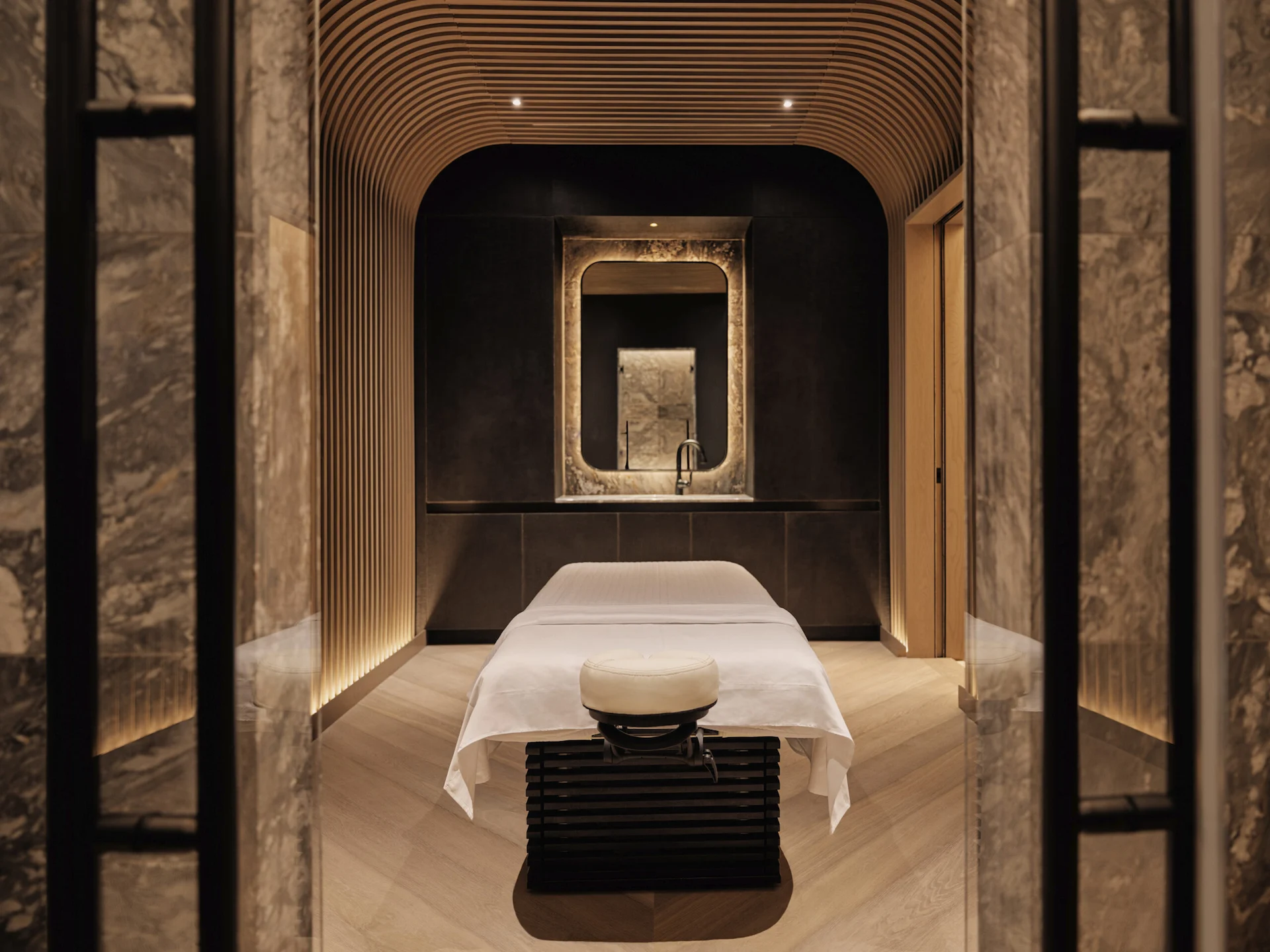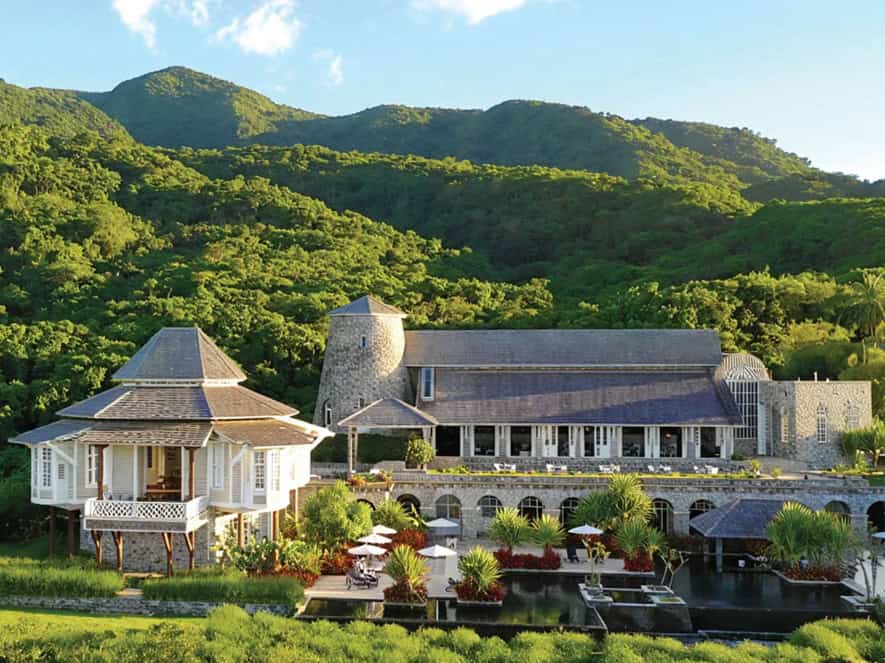Aromatherapy is about more than just smelling good, though we won’t lie, that is a huge perk. Essential oils have been used for thousands of years in cultures across the globe to help bring people balance emotionally and physically—something which founder of Voltage PR and certified aromatherapist Coco Chan has first-hand experience of. A third-culture serial entrepreneur, Chan has spent more than a decade working with some of the top brands in Hong Kong’s lifestyle and wellness sector. We quiz her on the benefits of aromatherapy and the best way to get started.
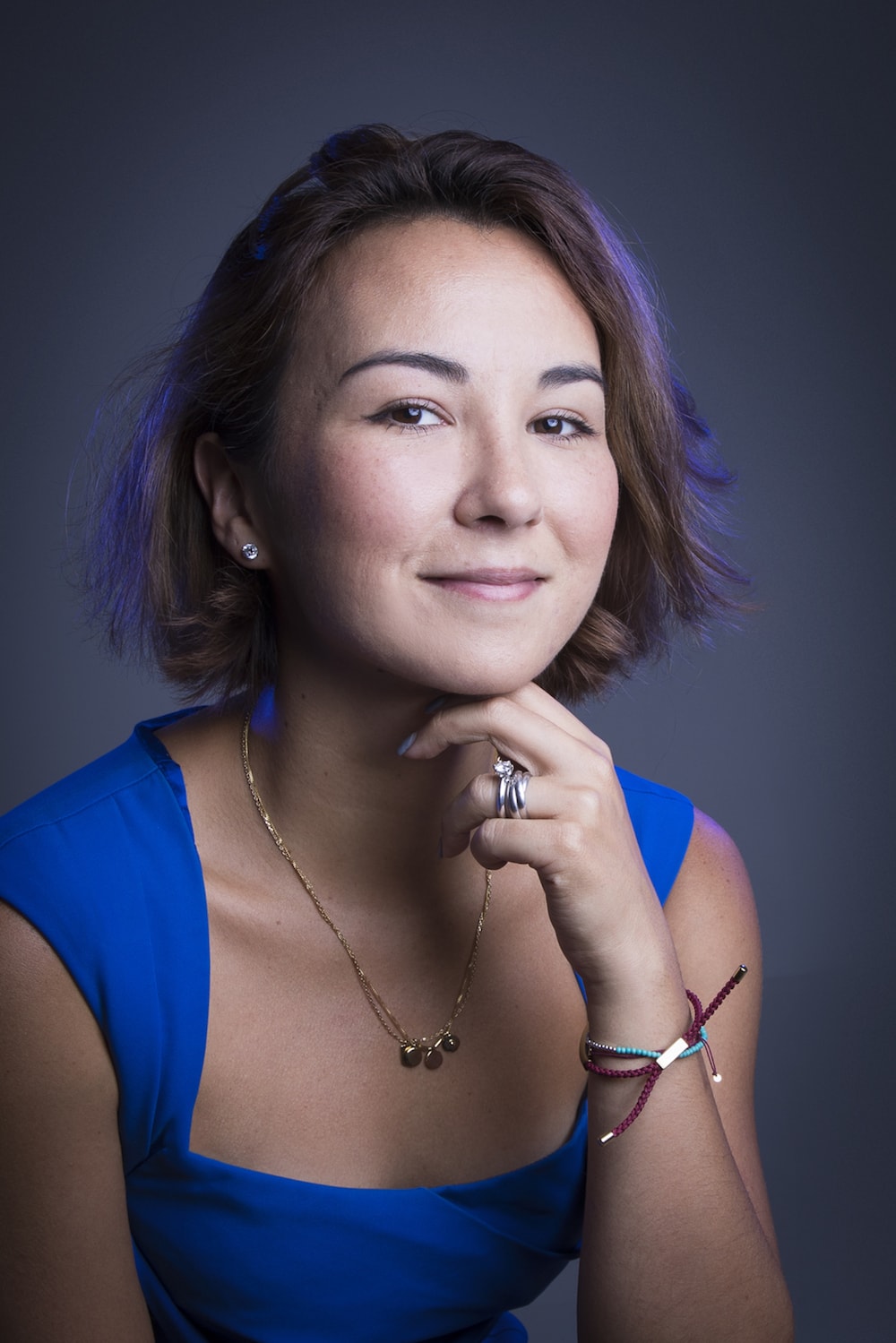
What is aromatherapy and what does it have to do with wellness? Aromatherapy is an alternative healing method incorporating the usage of plant extractions. Each part of the plant has different functions and the essence of it can be made into scent stimulates and sedatives to impact positive effects on the emotional, physical and spiritual body.
When and why did you start using aromatherapy? I was diagnosed with chronic anxiety almost four years ago. I sought medical attention from Western doctors who suggested a lifetime of valium. Being an entrepreneur, that was not an option for me—I was not willing to spend the rest of my life in a haze. I continued my search seeking Traditional Chinese Medicine but nothing worked. One day, my friend recommended I try aromatherapy. I giggled at the thought of trying this ‘hippie alternative’. But I was out of options and had nothing to lose so went for it. Aromatherapy saved my life: I used it for only a week and noticed drastic changes in myself already. My mood took an upward turn, stress levels plummeted and I was more pleasant to be around. I’ve always liked to understand how things work and seeing aromatherapy do such a number on me made me a curious soul. I dove in deep and started researching, reading books, taking classes and eventually doing an aromatherapist course. My love for essential oils runs deep.
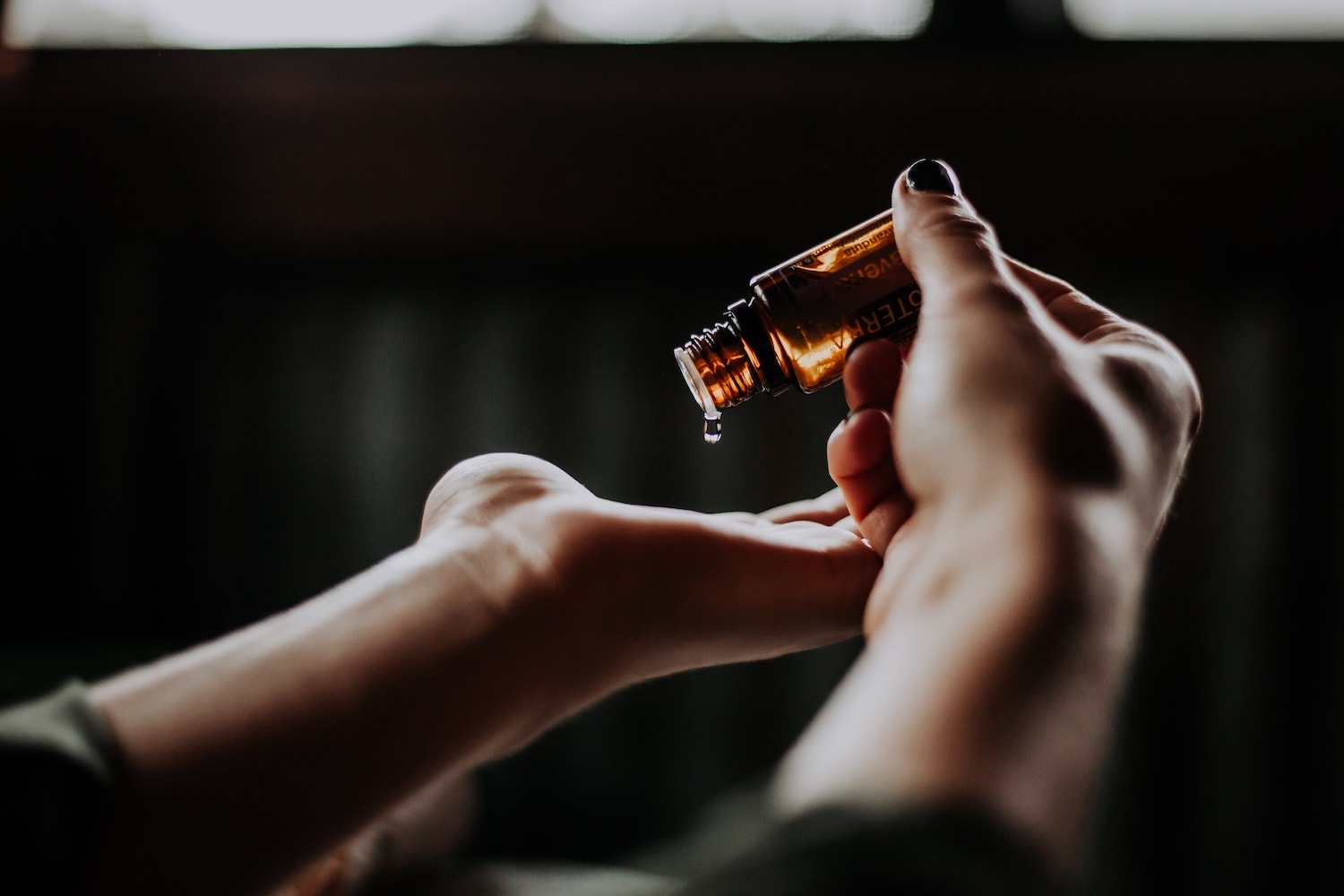
Is aromatherapy always oils? I personally like to think of it as all things plant related. It can be in oil form, you can use its plant parts in tea, steaming, herbal soaks, baths, mist sprays… the possibilities are endless!
What has been the most surprising thing you’ve learnt/discovered about using aromatherapy? That it’s not a hippie thing at all. It dates back to the Egyptian era of 1555BC. They used it in many ceremonial rituals and embalming to preserve flesh. The Greeks used it for medicinal and cosmetic reasons. The Romans used it for its aromatic properties and became the bathing capital of the world. China and India have been practising and using herbs for centuries. Many civilizations have used aromatherapy and it has stood the test of time. The natural properties of plants are healing and they’ve been with us since the beginning of time.
What’s the biggest change/improvement you’ve seen in your life in your own experience of aromatherapy? My mood and outlook on life changed drastically. I love and accept myself more and by doing that I’m able to love even more fully to those who matter most to me.
What are your favourite products? Do you use any homemade/DIY remedies? I always have a little on-the-go bag with me wherever I go. In that bag, I have a mix of oils that cater to anxiety/stress and mood uplifting. I make homemade concoctions all the time. I try to keep my home chemical-free by making recipes from cleaning products, bath salts, hand wash, mist sprays, face oils and a lot more! But my absolute favourite to have around the home is a bottle of lemon oil mixed with a tad of witch hazel. This is the best stain remover ever be it sticky gunk or dirt—plus it smells amazing.
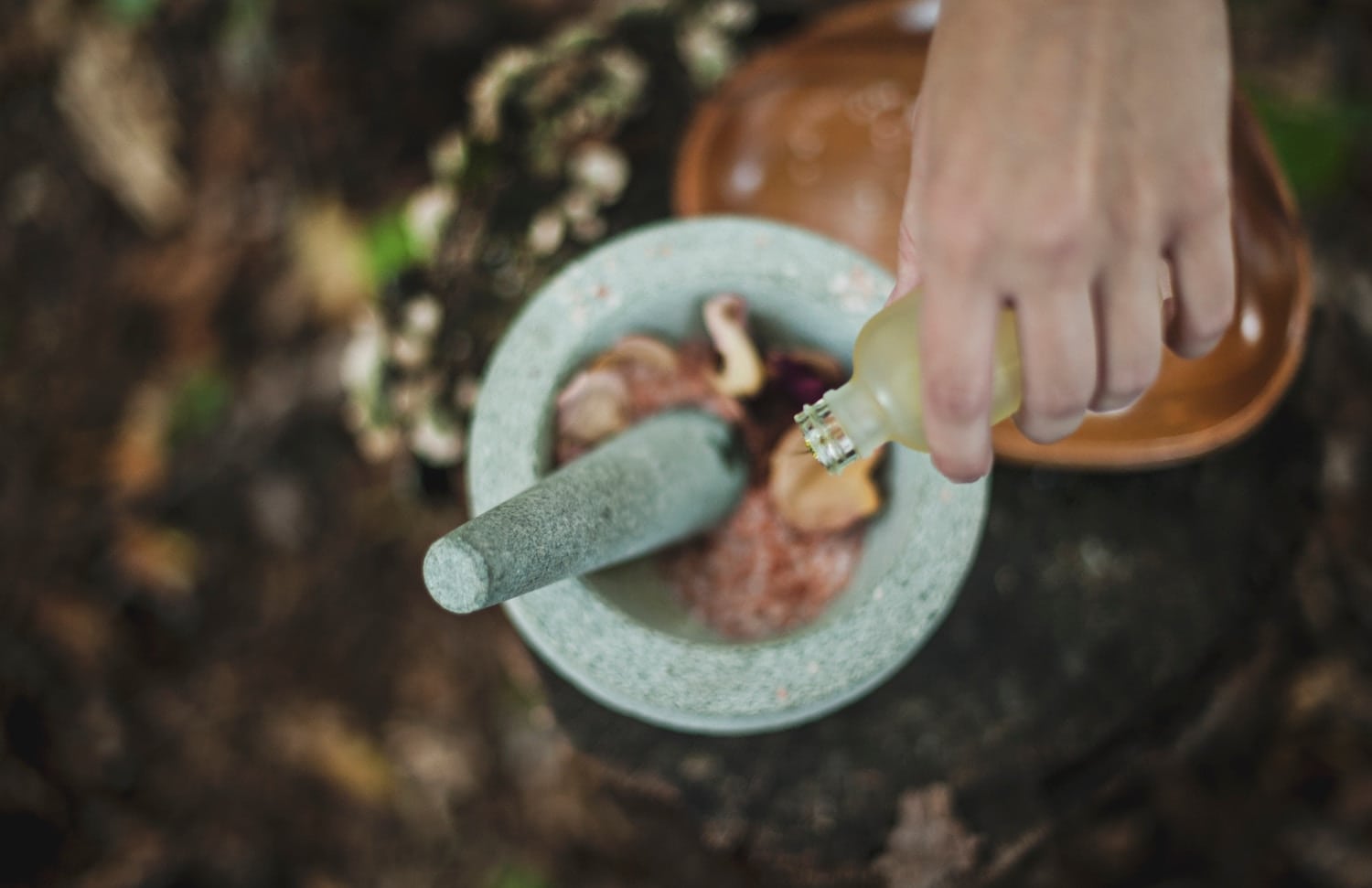
How do you use aromatherapy when you travel? I never fly without my oils. My travel must-haves are: Fennel (for digestion issues: constipation, upset stomachs, gas); peppermint (or uplifting, fevers, stomach ache, dizziness, car sickness); lavender and vetiver (calming, grounding, relaxing, good for sleep); frankincense (which is centering, grounding, good for cuts and bruises and great for skincare); lemon (uplifting and great for cleaning dirt/stains if any); thieves oil (a blend of clove, lemon, rosemary, cinnamon and eucalyptus for boosting immunity especially when you’re on a flight with so many people); and citronella (to keep the mosquitos at bay).
How can aromatherapy be incorporated into your everyday life? For beginners, take it one step at a time: start by getting a diffuser (it’s a device that lets off steam and looks magical in the household). Go shopping around for a few scents that resonate with you and start diffusing it at home. Notice how it makes you feel. When you start to get used to it try applying onto your body (anywhere that feels right to you). Make sure to get a brand that has pure ingredients and no icky preservatives. “Clean” brands are the way to go if you want the best-desired effects. I understand not everyone can put a diffuser at work so you can keep a few types of oil at your desk for daily usage to manage your emotions/wellbeing. I suggest a calming oil: Lavender would be a great one to start with, for those times when you need a relax and unwind. Lemon, Orange, Lime or Grapefruit are zesty scents to keep you energized when you’re feeling fatigued. If you’re in the creative industry, try Rosemary, Basil or Peppermint to get an extra boost of inspiration.
What is the biggest misconception about aromatherapy? I think the biggest misconceptions about aromatherapy are that all essential oils are created equal—they are not. There are many brands of essential oils on the market so as a consumer it’s up to you to do the research and making sure that the product you’re applying onto your body is a “clean” and high vibrational one. Why? Because if products that are mixed with chemicals it defeats the purpose of going natural and using its properties to help your issue. Another misconception is that essential oils are a magic cure that offers a quick fix. Essential oils work but it’s not a red or blue pill that dissolves your problems instantly. It’s an alternative method for those who are seeking it. Time varies for each individual as each human is made differently.
Which resources would you recommend for anyone looking to get into it aromatherapy? I love Young Living—their oils are very clean and high vibrational. I love using Eden’s Garden (an online US brand) as well as Perfect Potions from Australia. As for communities, I often talk and teach about aromatherapy on my Instagrams @wellnesswarriorshk and via my personal platform @cokes. Book Depository has some great selections on aromatherapy books—Essential Aromatherapy Revised and 500 Formulas For Aromatherapy are two of my favourites.

